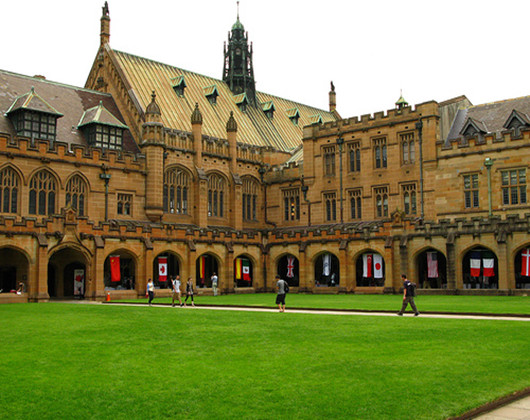PROGRAMME STRUCTURE Royal Society of BiologyWe welcome students from diverse educational backgrounds and we anticipate that many will be unfamiliar with all the topics in this programme. We have therefore designed the programme so that it provides you with both a broad understanding of the major issues in food security and the opportunity to selectively focus on aspects of particular interest. The programme is made up of courses totalling 180 credits. The programme starts with three compulsory courses (totalling 60 credits) that introduce fundamental issues in food security. You then choose from a range of optional courses (usually 10-credit) that expand on key topics, including production of food from animal sources and crop improvement. Some courses provide practical skills and there is an opportunity to learn about commercial issues relating to food production. Finally, you will undertake a 60-credit investigative project, which will allow you to focus on a selected topic. The programme comprises the following courses: Compulsory courses (totalling 60 credits) INTRODUCTION TO FOOD SECURITY FOOD SECURITY FUNDAMENTALS - CROPS FOOD SECURITY FUNDAMENTALS - FOOD OF ANIMAL ORIGIN Optional courses (totalling 60 credits*) selected from ROLE OF INSECTS IN FOOD SECURITY MOLECULAR LABORATORY SKILLS GLOBAL ANIMAL PRODUCTION TECHNOLOGY TRANSFER AND COMMERCIALISATION OF BIOSCIENCE RESEARCH CROP BIOTECHNOLOGY APPLICATIONS PLANT GENETIC ENGINEERING FOOD SECURITY FUNDAMENTALS - CROPS ANIMAL ETHICS POLICIES FOR SUSTAINABILITY AND DEVELOPMENT (FOOD SECURITY) PRODUCTION OF FOOD FROM ANIMALS Food security project (60 credits) Teaching methods Most courses are taught through lectures and tutorials, in which there will be discussion of key concepts, and training in the critical appraisal of published information. In addition, some courses include guest lectures and site visits. The course on Technology Transfer and Commercialisation of Bioscience Research will include workshop sessions. Two courses provide training in laboratory skills: Molecular Lab Skills and Plant Genetic Engineering. The project will involve an independent investigation of a selected topic in food security under supervision from an expert in the field. Find out more about core and optional courses
 日本
日本
 韩国
韩国
 英国
英国
























